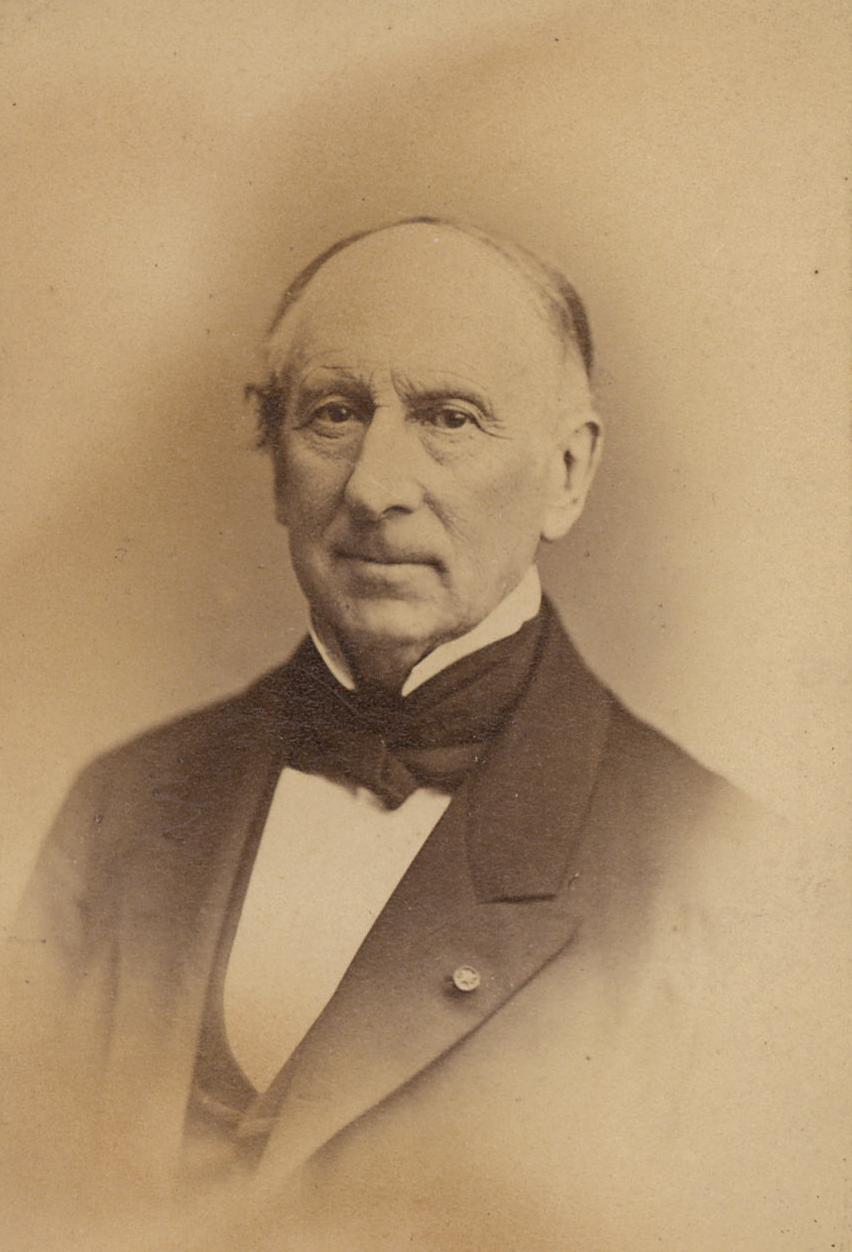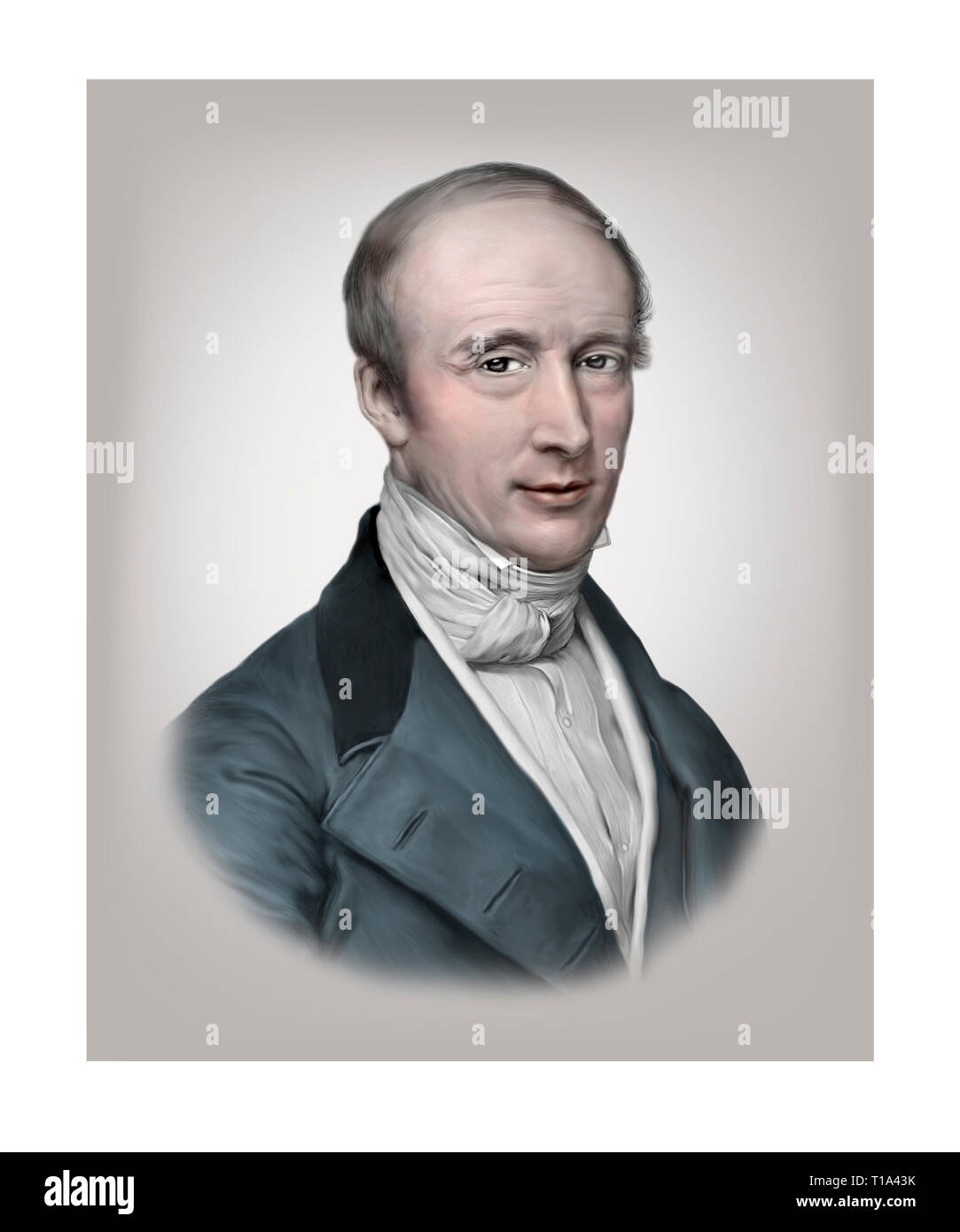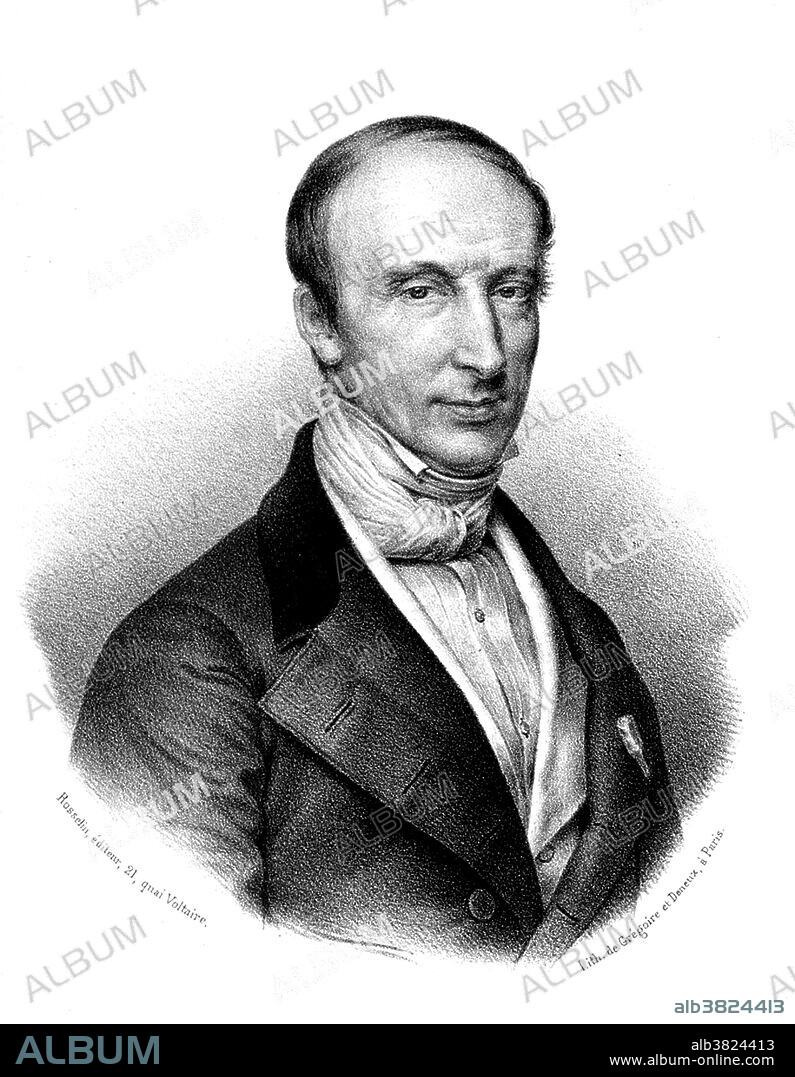
When you consider the vast and intricate world of **mathematics**, there are undoubtedly several prominent figures that come to mind. Among these illustrious names, one that deserves a prominent place is **Augustin-Louis Cauchy**. This remarkable French mathematician was not only a trailblazer in his field but also a key architect of many foundational concepts that continue to influence modern mathematics. His work laid the groundwork for various branches of mathematical analysis, and his innovative ideas have had a lasting impact that resonates in contemporary mathematical practices. So, why not take a moment to grab a cup of coffee and join me as we explore the captivating contributions of Cauchy and the enduring legacy he has left in the realm of mathematics? Prepare to be inspired by the brilliance of a mind that has shaped the way we understand and engage with mathematical concepts today!
Early Life: A Journey Begins

Born in Turbulent Times
Augustin-Louis Cauchy entered the world on **August 21, 1789**, in the vibrant city of **Paris, France**. His birth came at a momentous time, just days before the eruption of the **French Revolution**. This historical backdrop set the stage for a life filled with upheaval and transformation. As the revolution unfolded, Cauchy’s family found themselves in peril, prompting them to flee Paris during the chaotic **Reign of Terror**. They sought safety in the quieter village of **Arcueil**, where young Cauchy had the extraordinary opportunity to meet and interact with prominent intellectuals of the time, including the renowned mathematicians **Pierre-Simon Laplace** and **Claude-Louis Berthollet**. These early encounters undoubtedly influenced his future pursuits in the realm of mathematics.
A Military Engineer Turned Mathematician
Initially, Cauchy embarked on a career as a **military engineer**, a path that led him to work on fortifications in **Cherbourg** in **1810**, specifically designed to support Napoleon’s naval fleet. Despite the demands of his engineering duties, Cauchy felt an irresistible pull towards the world of mathematics. During this period, he produced a series of groundbreaking papers that showcased his mathematical prowess, including innovative solutions to complex problems posed by the illustrious **Joseph-Louis Lagrange**. This duality of his career highlights Cauchy’s remarkable ability to navigate both the practical and theoretical realms, ultimately paving the way for his future contributions to mathematics.
Academic Pursuits: A Shift to Mathematics

Returning to Paris
In the year **1813**, Augustin-Louis Cauchy made a significant return to Paris, a city that would play a crucial role in shaping his mathematical career. Upon his arrival, he received strong encouragement from prominent mathematicians such as Joseph-Louis Lagrange and Pierre-Simon Laplace. They urged him to dedicate himself entirely to the field of mathematics, a decision that would prove to be transformative for Cauchy. This pivotal moment set the stage for his groundbreaking work, culminating in the publication of his influential memoir on **definite integrals** in **1814**. This particular piece of research not only showcased his mathematical prowess but also laid the essential groundwork for what would later evolve into the **theory of complex functions**, a cornerstone of modern mathematics.
Professorships and Recognition
By the year **1816**, Cauchy had ascended to hold several prestigious academic positions, including roles at the **Faculty of Sciences**, the **Collège de France**, and the renowned **École Polytechnique**. His reputation within the mathematical community soared as he continued to produce remarkable work. His efforts were recognized when he was awarded the esteemed **grand prix** by the **Institute of France** for his groundbreaking paper on **wave propagation**. This accolade marked just the beginning of an illustrious career filled with numerous contributions to mathematics, solidifying his status as one of the leading mathematicians of his time.
Major Contributions: The Cauchy Legacy

Foundations of Analysis
The contributions of Augustin-Louis Cauchy to the field of **analysis** are nothing short of groundbreaking and have had a lasting impact on mathematics as we know it today. His seminal works, particularly the **Cours d’analyse de l’École Royale Polytechnique**, published in **1821**, and the **Résumé des leçons sur le calcul infinitésimal**, released in **1823**, introduced a level of **rigor** and precision that was previously unseen in calculus. Cauchy placed a strong emphasis on the concepts of **limits** and **continuity**, which have since become foundational elements in mathematical analysis. His innovative approach not only clarified existing theories but also paved the way for future developments in the discipline, fundamentally altering how calculus is taught and understood.
The Theory of Elasticity
In **1822**, Cauchy made another significant contribution by establishing the groundwork for the **mathematical theory of elasticity**. This pivotal work is essential for comprehending how various materials respond and deform when subjected to stress, which has profound implications across multiple fields, including engineering, physics, and materials science. By providing a comprehensive framework for analyzing material behavior, Cauchy essentially created a blueprint that continues to inform our understanding of material properties and their applications in modern technology and engineering practices.
Table: Key Contributions of Cauchy
| Year | Contribution | Field |
|---|---|---|
| 1814 | Memoir on Definite Integrals | Analysis |
| 1821 | Cours d’analyse | Analysis |
| 1822 | Theory of Elasticity | Physics/Engineering |
| 1826-28 | Leçons sur les applications du calcul infinitésimal | Geometry |
Complex Variables: A New Dimension

Functions of a Complex Variable
Cauchy’s development of the **theory of functions of a complex variable** opened up new avenues in applied mathematics. This theory is essential for various fields, including **physics** and **aeronautics**. It’s like he unlocked a treasure chest of mathematical tools that we still use today!
Impact on Modern Mathematics
The **Cauchy-Riemann equations**, which he formulated, are fundamental in complex analysis. They provide the conditions under which a function is differentiable in the complex sense. This work has had a lasting impact, influencing countless mathematicians and scientists.
Controversies and Challenges

A Complex Character
Despite his brilliance, Cauchy was not without his controversies. His **self-righteousness** and **religious bigotry** often rubbed colleagues the wrong way. It’s like he was a mathematical genius but a social enigma!
Exile and Return
After the **July Revolution** of **1830**, Cauchy went into exile rather than take an oath of allegiance to the new regime. He found a position at the **University of Turin** but returned to France in **1838** after the suspension of the oath. His resilience is commendable, showing that even great minds face challenges.
Later Years and Legacy

Contributions to Number Theory and Optics
Cauchy didn’t stop at analysis and elasticity. He made significant contributions to **number theory** and wrote extensively on **error theory**. His work in **optics** provided a mathematical foundation for understanding light properties, although it was based on the now-outdated concept of **ether**.
Collected Works
His **collected works**, published in **27 volumes** from **1882 to 1970**, encapsulate his vast contributions to mathematics. These volumes are a treasure trove for anyone looking to understand the depth of his work.

Augustin-Louis Cauchy was more than just a mathematician; he was a **trailblazer** whose work laid the groundwork for modern analysis and elasticity. His legacy continues to inspire mathematicians and scientists around the globe. So, the next time you encounter calculus or complex functions, remember the genius behind it all—Cauchy!
Isn’t it fascinating how one individual can shape an entire field? Cauchy’s life is a testament to the power of curiosity and dedication. What will your legacy be?

